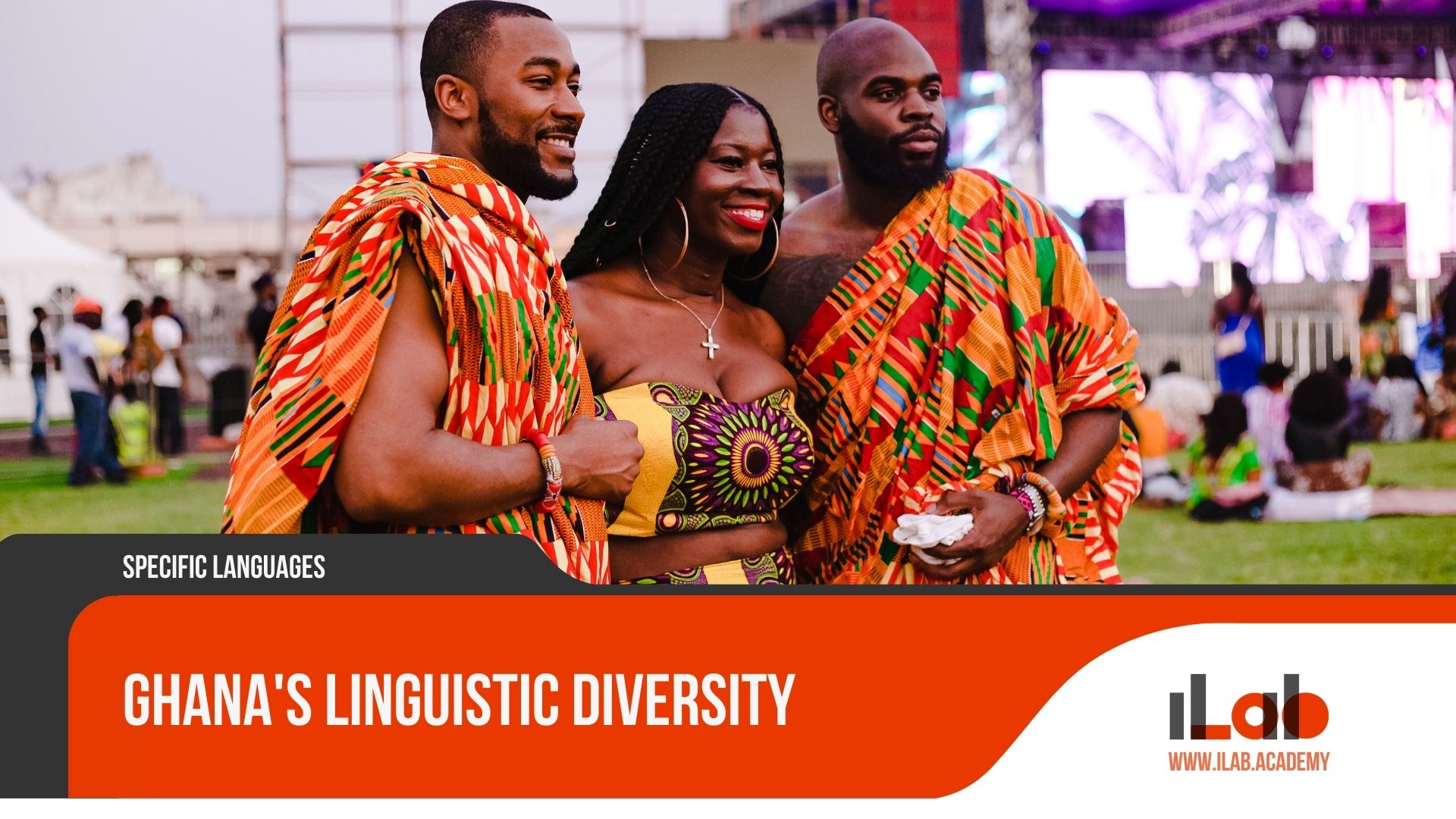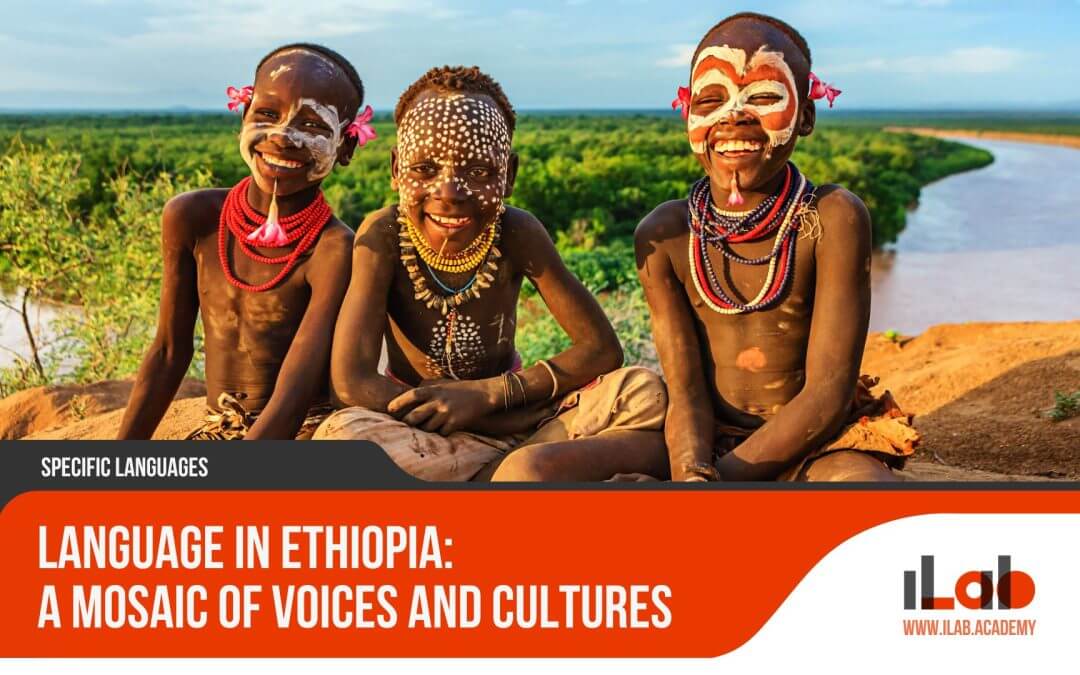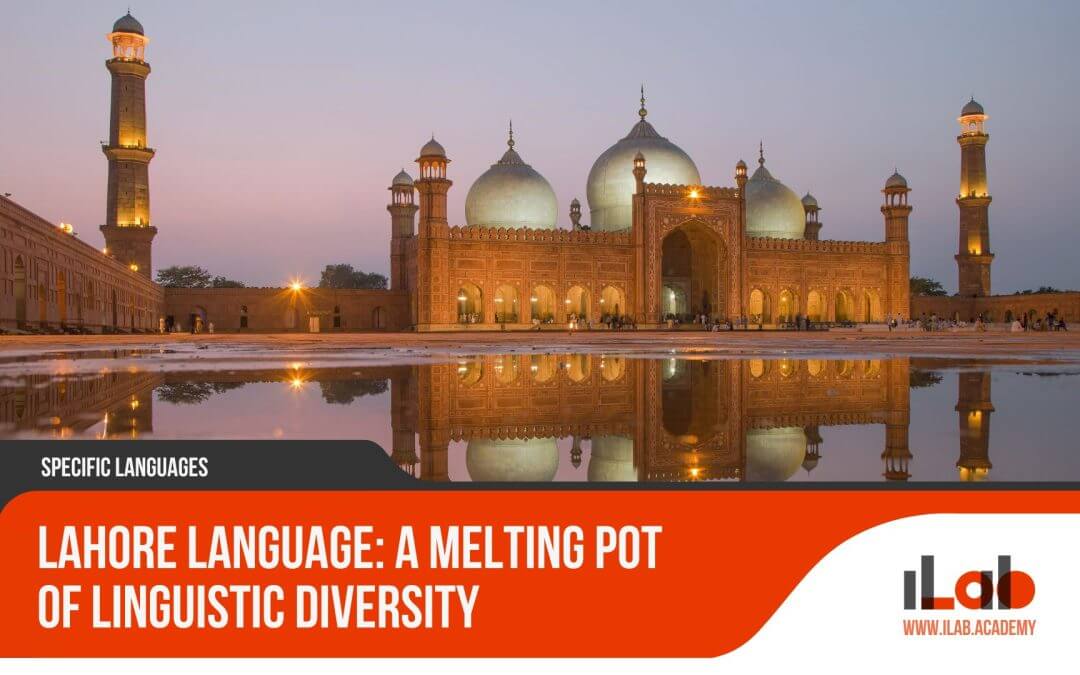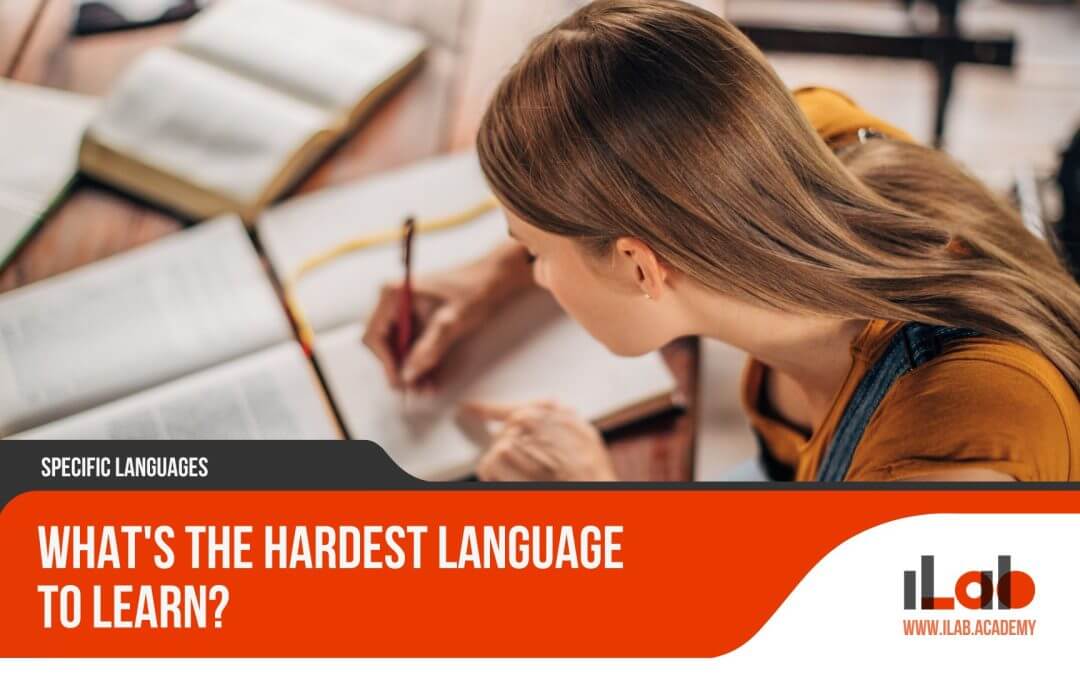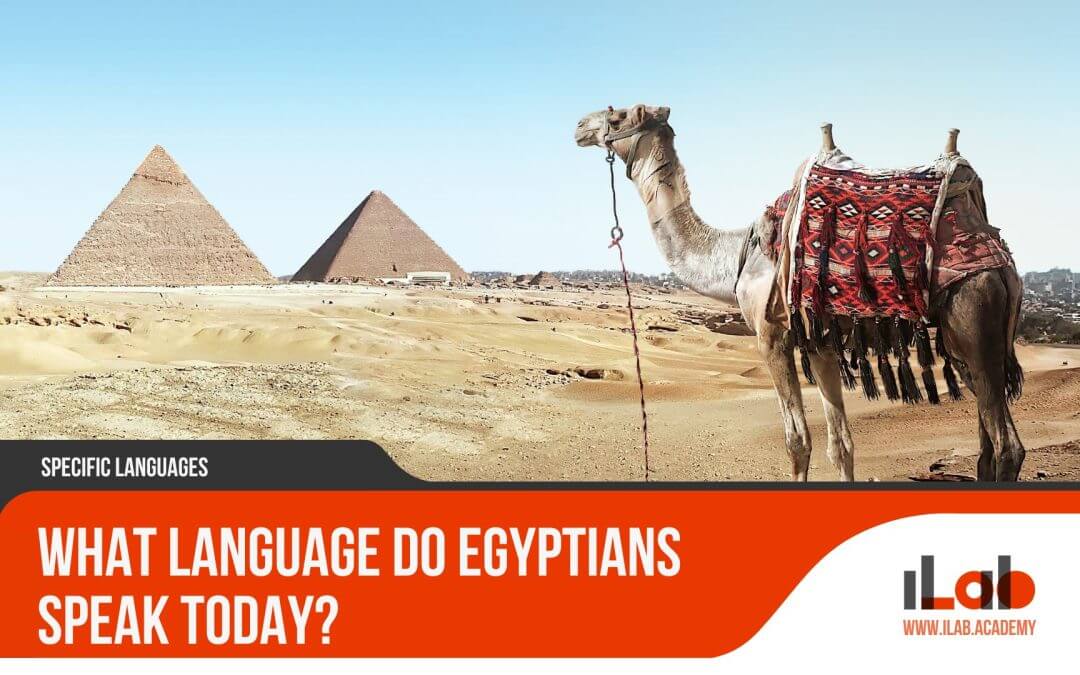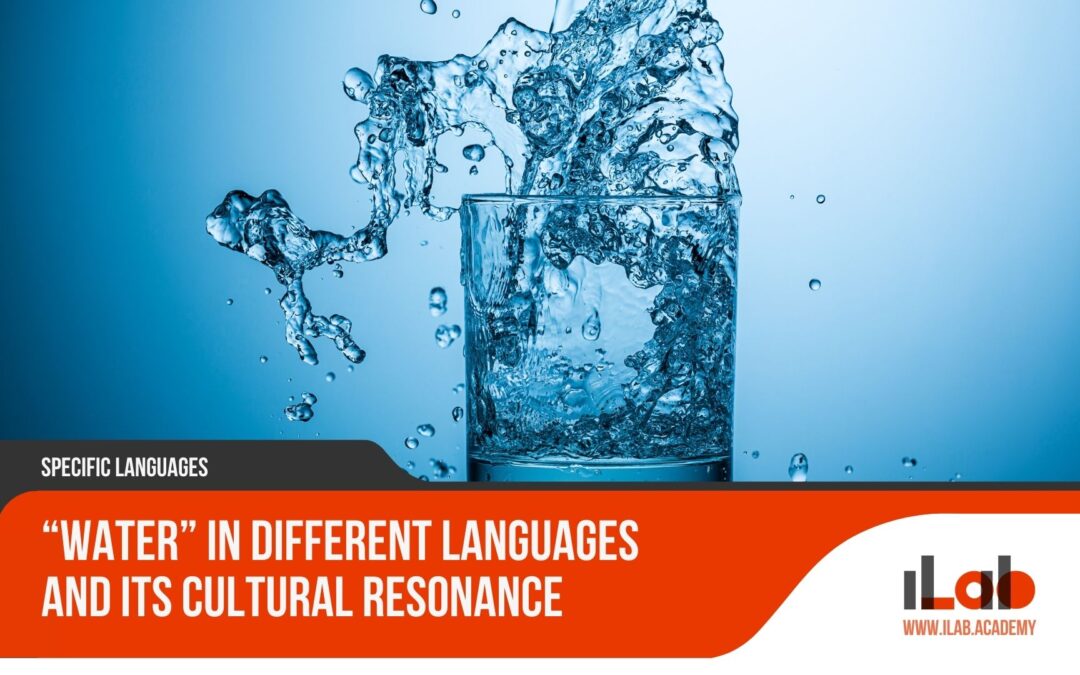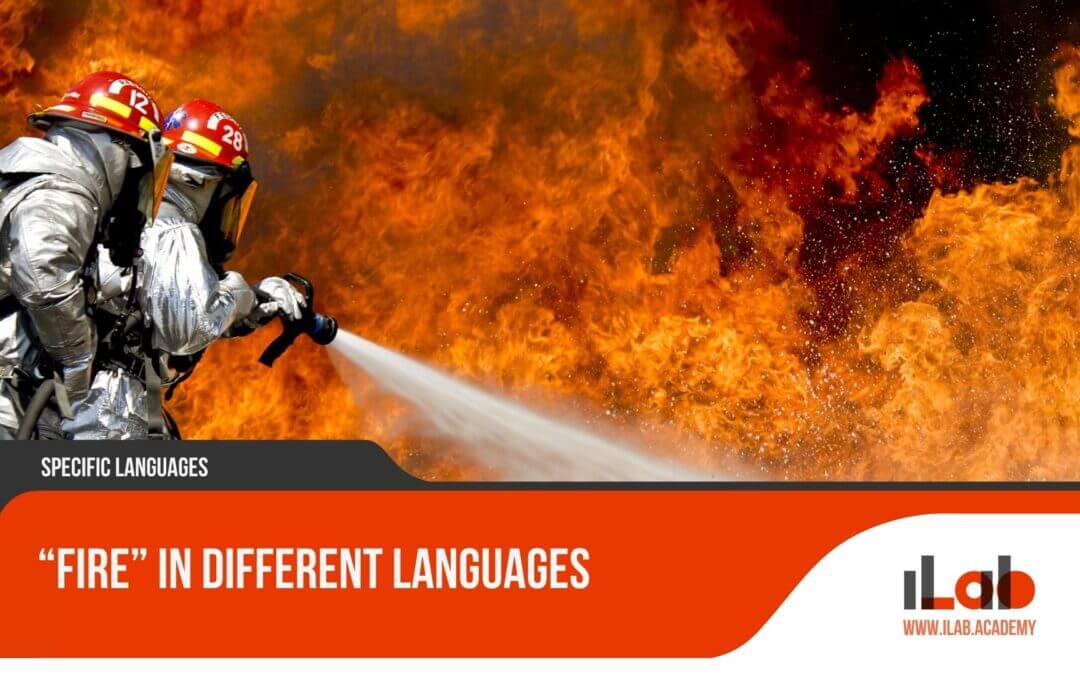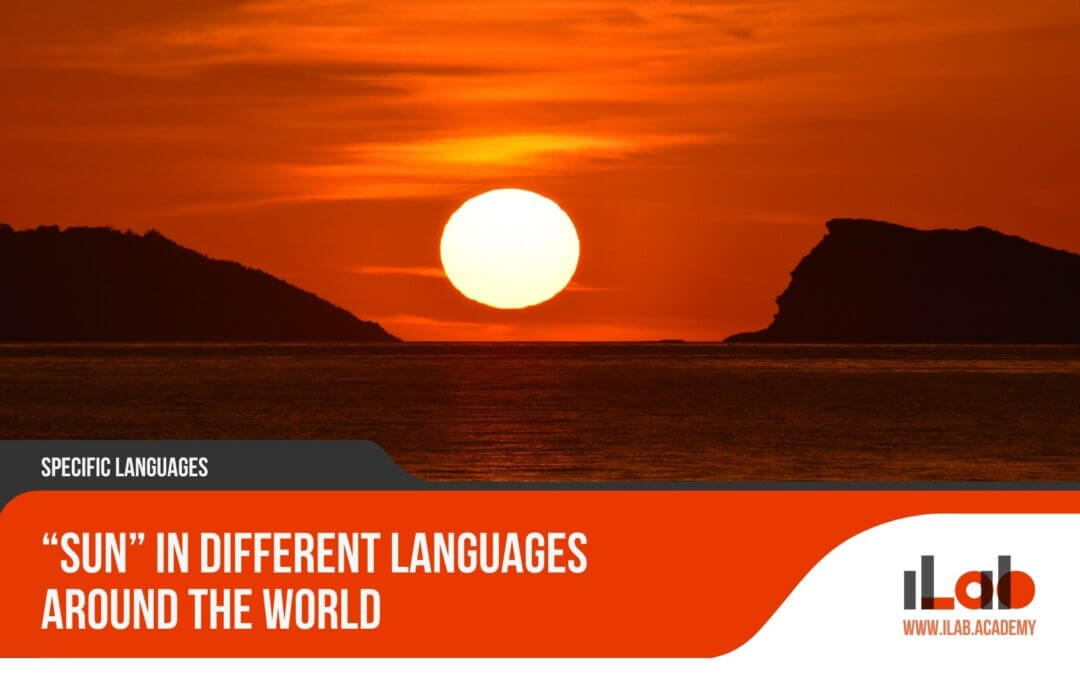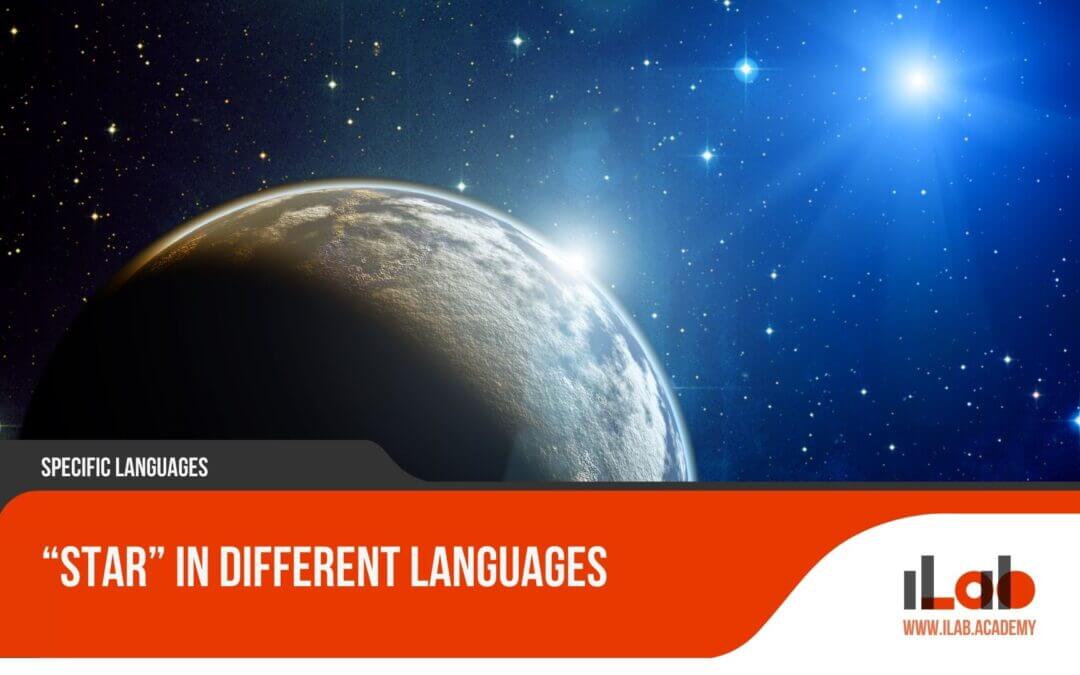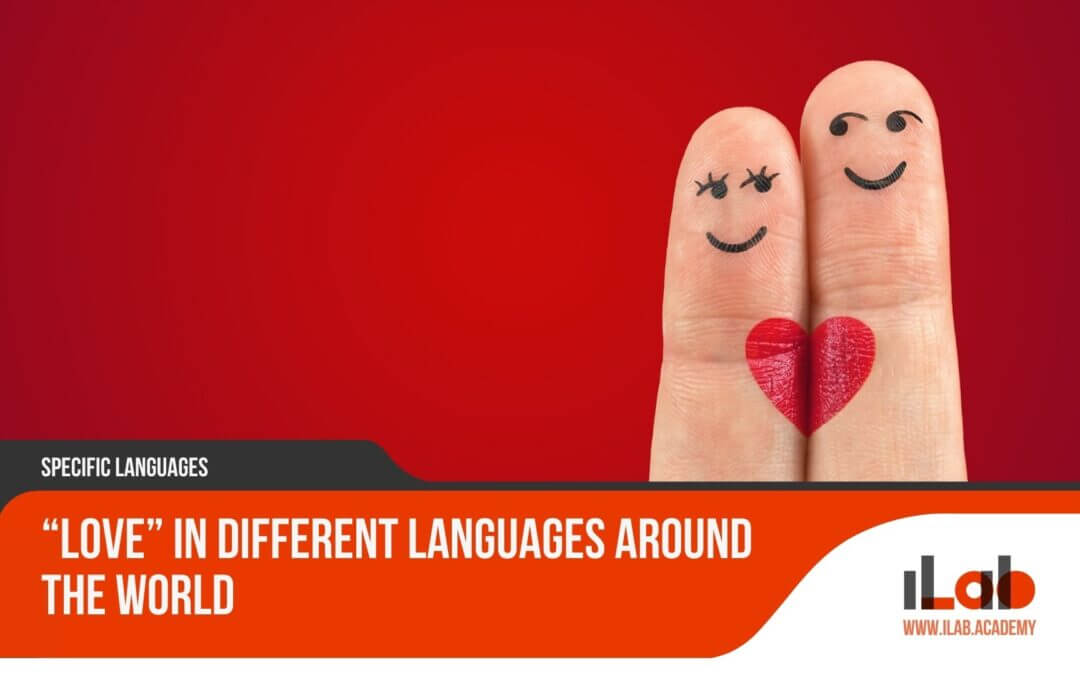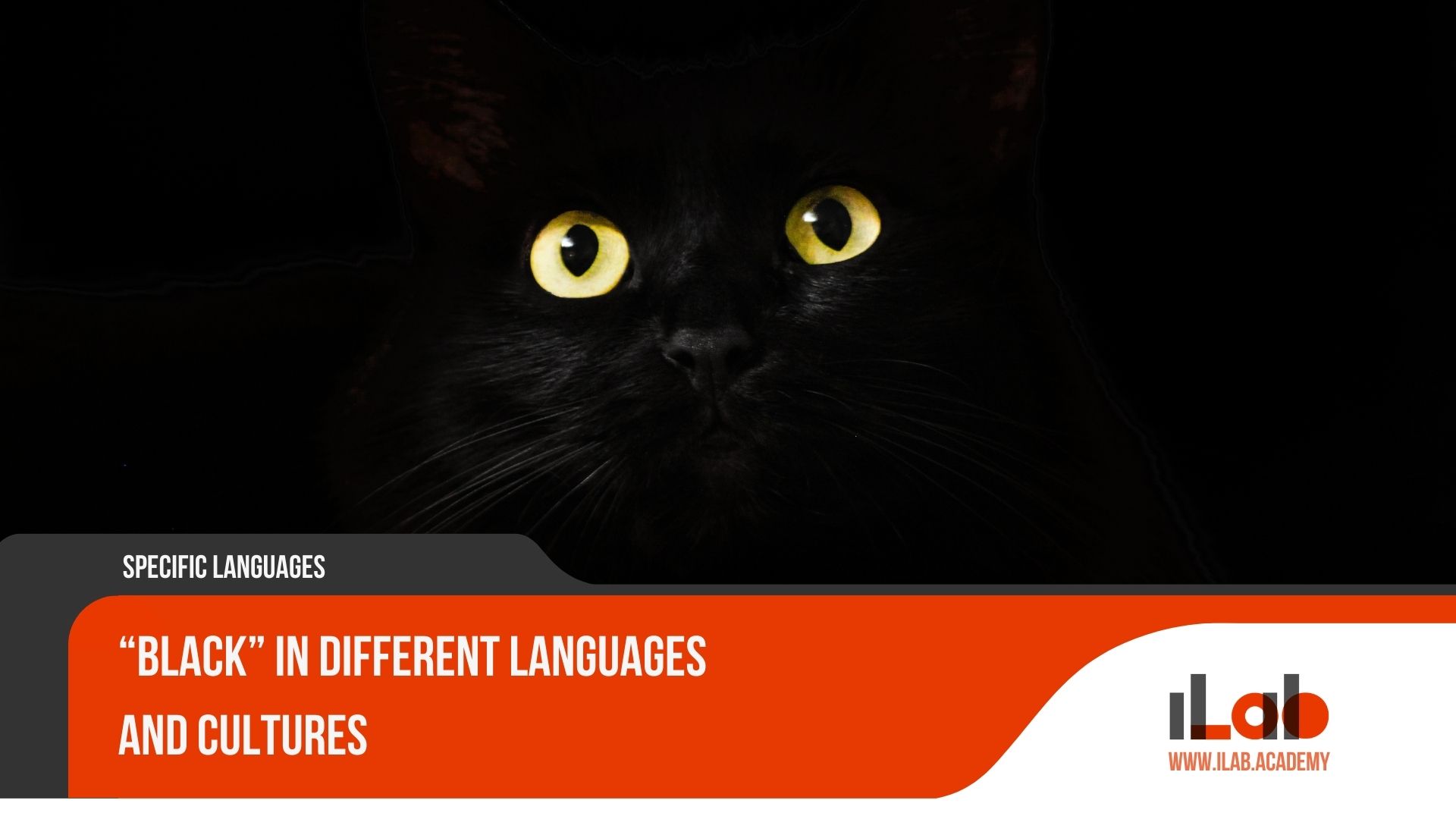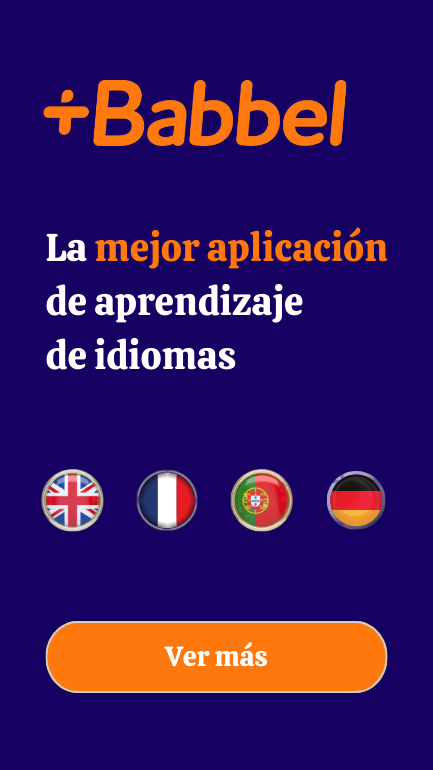Table of contents
Ghana stands as a testament to linguistic diversity, with a multitude of languages that offer a window into the nation’s complex cultural history and contemporary social dynamics. English, as the official language, provides a common thread that links the various ethnic groups and facilitates national coherence. However, it is the indigenous languages, such as those from the Akan and Mole-Dagbon clusters, that pulsate with the daily life of the Ghanaian people, serving as the vessels of tradition and the markers of ethnic identity. Beyond these widely spoken tongues, languages like Ewe and Ga-Dangme command significant cultural territories, each contributing to the rich linguistic mosaic of Ghana. While the nation’s language policy and the education system strive to navigate the challenges of balancing linguistic preservation with modernization, the intricate balance between these languages and their roles in society is continually evolving. The question then arises: how does Ghana maintain the vitality of its languages while ensuring that they adapt to the changing linguistic needs of its people? This is a query that invites further examination of the strategies employed to sustain this linguistic inheritance in the face of globalization and technological advancement.
Key Takeaways
- Ghana’s linguistic diversity is a significant aspect of the country’s cultural and societal fabric.
- English is the official language of Ghana and plays a crucial role in education, government, and media.
- The Akan language group, particularly Twi, serves as a lingua franca among different ethnic groups in Ghana.
- The Mole-Dagbon languages, spoken in the northern regions of Ghana, hold cultural and ethnic significance.
Introduction to Ghana’s Multilingual Landscape
Ghana’s linguistic landscape is a vibrant tapestry of languages, reflecting the country’s rich cultural heritage and the pivotal role that language plays in shaping Ghanaian identity. The nation boasts a multitude of languages, with over seventy languages and dialects cataloged across its various regions. This linguistic variety is a testament to the historical interweavings of ethnic groups and the resultant cultural mosaic that defines Ghana.
The multilingual nature of Ghana not only marks the country’s socio-cultural identity but also plays a significant role in the day-to-day interactions of its people. In urban centers and rural communities alike, language serves as a medium of unity, education, and social distinction. It facilitates trade, fosters community relations, and underpins cultural traditions and values.
Understanding Ghana’s linguistic diversity is key to appreciating its social fabric. The languages spoken are predominantly from the Niger-Congo language family, with the Kwa and Gur branches being particularly prominent. Each linguistic group carries its unique intonations, idiomatic expressions, and proverbs, which are deeply rooted in the collective psyche and experiential world of the Ghanaian people.
The importance of language in Ghana transcends mere communication; it is an embodiment of identity and a vehicle for cultural expression. As such, the languages of Ghana are integral to the nation’s narrative, capturing the essence of its past, shaping its present, and influencing its future. This introduction serves as a gateway to understanding the complexities and dynamics of linguistic practices in Ghana, underscoring their importance in the broader context of national cohesion and cultural diversity.
The Official Language of Ghana: English
Established during colonial rule, English occupies a central role as Ghana’s official language, serving as a cornerstone for governmental, educational, and media communications across the nation. It provides a unifying medium in a country where multiple languages are spoken, facilitating interethnic dialogue and national cohesion. English in Ghana also represents a bridge to the global community, enabling international trade, diplomacy, and cultural exchange.
The prominence of English in Ghana’s societal functions is reflected in various aspects of daily life:
- Education System: English is the language of instruction in most educational institutions from the primary level upwards. This not only standardizes education across the country but also prepares students for participation in the global economy.
- Legal and Administrative Frameworks: The use of English in the legal system and public administration ensures a consistent and accessible set of protocols. Official documents, legislation, and governmental proceedings are conducted in English, which underscores its importance for civic participation and transparency.
- Media and Communication: English dominates the national media, including newspapers, television, and radio, further cementing its status as the primary language of mass communication. This widespread use in media not only disseminates information effectively but also promotes English language literacy among the population.
The strategic position of English in Ghana underscores its role as an indispensable tool for national development. While it does not diminish the value of indigenous languages, English serves as a lingua franca, uniting diverse linguistic groups and providing a competitive edge in a globalized world. It is imperative, therefore, that English remains a key component of Ghana’s educational policy and socio-economic infrastructure.
Akan Languages: Twi and Its Variants
Delving into the rich tapestry of Ghana’s linguistic heritage, the Akan languages, with Twi as its most prominent dialect, play a pivotal role in enabling communication and cultural exchange among various ethnic groups. As a subset of the larger Kwa language family, the Akan languages are spoken by a significant portion of the Ghanaian population, serving not only as a means of everyday communication but also as a vehicle for cultural traditions and practices.
Twi itself is divided into two major variants: Akuapem Twi and Asante Twi, with the Fante dialect also often considered a form of Twi. These variants are mutually intelligible, though they exhibit distinct phonological and lexical differences that reflect the diverse cultural identities within the Akan-speaking communities. Twi is utilized in various domains, including education, broadcasting, and in the legislative assembly, making it one of the most influential indigenous languages in Ghana.
The Akan languages are renowned for their proverbs, which are an integral part of social and communicative interactions, encapsulating wisdom and moral teachings. The linguistic structure of Twi is characterized by a rich system of noun classes and a relatively flexible word order, typically subject-verb-object but allowing variations for emphasis and context.
The importance of Twi and its variants transcends mere communication; it fosters a sense of unity and identity among the Akan people. As Ghana continues to navigate the complexities of multilingualism, the Akan languages remain a testament to the nation’s commitment to preserving its linguistic diversity while promoting mutual understanding and cohesion among its people.
The Mole-Dagbon Languages: Dagbani, Mampruli, and More
While the Akan languages like Twi connect communities across the southern part of the nation, the Mole-Dagbon languages, including Dagbani and Mampruli, play a similar role in the northern regions of Ghana, reflecting the area’s unique cultural heritage. These languages are integral to the social fabric of the communities where they are spoken and are central to the identities of the Mole-Dagbon people.
The Mole-Dagbon languages, classified under the larger Gur language family, are primarily used in the Northern Region, which is known for its diverse ethnic landscapes. Among these languages, Dagbani stands out as the most prominent, serving not only as a mother tongue but also as a lingua franca in the region, facilitating communication among various ethnic groups.
Here are key aspects of the Mole-Dagbon languages:
- Dagbani: As the language of the Dagomba people, Dagbani is used in various traditional courts and local governance structures. It is rich in oral literature, including proverbs, folktales, and historical narratives that contribute to the cultural tapestry of Ghana.
- Mampruli: Spoken by the Mamprusi people, Mampruli shares several linguistic features with Dagbani but has its own distinctive vocabulary and expressions. It is used in the traditional kingdom of Mamprugu and plays a crucial role in the preservation of the region’s history and traditions.
- Others: Besides Dagbani and Mampruli, there are other related languages such as Nanuni and Hanga. These languages may have fewer speakers, but they contribute to the region’s linguistic diversity and cultural richness.
The Mole-Dagbon languages are not just communication tools; they are vessels of cultural expression and historical continuity. As such, they are critical to the understanding of the social dynamics and heritage of northern Ghana.
The Role of Ewe and Ga-Dangme in Ghana’s Linguistic Tapestry
The Ewe and Ga-Dangme languages, each with their own rich cultural narratives and historical significance, are integral to the linguistic mosaic of Ghana. Spoken by the Ewe people in the Volta Region and by the Ga-Dangme peoples in the Greater Accra Region, these languages represent the heartbeat of their respective communities, embodying traditions, wisdom, and identities that have been carried through generations.
The Ewe language, with its tonal qualities and complex grammar, is not only a means of communication but also a vessel for the expression of art, music, and religion. Similarly, Ga-Dangme, encompassing both the Ga and Dangme dialects, serves as a crucial channel for cultural rites and storytelling, preserving the essence of the people’s heritage.
To evoke the emotional depth and cultural resonance of these languages, consider the following table:
| Emotive Quality | Ewe Language | Ga-Dangme Language |
|---|---|---|
| Cultural Pride | Anlo-Ewe Festival | Homowo Festival |
| Ancestral Wisdom | Proverbs & Folktales | Proverbs & Folktales |
| Artistic Expression | Agbadza Dance | Kpanlogo Dance |
| Spiritual Connection | Vodu Rituals | Traditional Ga Shrines |
These elements reflect the profound role that the Ewe and Ga-Dangme languages play in the lives of their speakers, going beyond mere communication to touch the soul of the Ghanaian people. It’s essential for audiences to understand that while these languages may not be as widely spoken as others in the nation, they are no less significant in Ghana’s linguistic landscape. Their continued vitality is a testament to the resilience and richness of Ghana’s cultural fabric.
Language Policy and Education in Ghana
Ghana’s language policy serves as the framework that guides educational practices and the promotion of linguistic diversity within its academic institutions. The policy is an integral part of the nation’s educational system, emphasizing the use of both English and indigenous languages as mediums of instruction. This dual-language approach is designed to facilitate learning and cultural retention, ensuring that students remain connected to their linguistic roots while also gaining proficiency in English, the official language.
To understand the specifics of Ghana’s language policy in education, consider the following:
- Medium of Instruction: In the early years of education, children are taught in their indigenous languages, which is intended to make the transition to school easier and support cognitive development. From primary school onwards, English becomes the primary medium of instruction, though indigenous languages continue to be taught as subjects.
- Language in Curriculum: The educational curriculum in Ghana recognizes the need for multilingual competence. As such, it includes the study of at least one Ghanaian language as a compulsory subject throughout the basic education level, supporting the government’s aim to preserve the multitude of local languages.
- Teacher Training: The policy necessitates that teachers are equipped to teach in both English and local languages. Teacher training programs are therefore designed to prepare educators to be bilingual, which is crucial for the effective implementation of the language policy in classrooms across the country.
The language policy of Ghana reflects a commitment to educational accessibility and the preservation of cultural identity through multilingualism. It is a key component in fostering a sense of national unity while respecting the country’s rich linguistic tapestry.
Preserving Linguistic Heritage: Safeguarding Minority Languages
Recognizing the significance of multilingual education policies, it is equally crucial to address the preservation of Ghana’s minority languages, which face the risk of diminishing under the pressures of globalization. As a nation with a tapestry of ethnic groups and languages, Ghana’s linguistic heritage is a cornerstone of its cultural identity. However, the advent of a globalized world, with its tendency to favor widely spoken languages, poses a significant threat to the survival of less dominant languages.
Efforts to safeguard these linguistic treasures are underway, with initiatives that focus on both documentation and revitalization. Language documentation involves the systematic recording of languages, including their vocabulary, grammar, and oral traditions, which serves as a repository for future generations. Revitalization programs aim at encouraging the use of minority languages in everyday life, particularly among the youth, who are pivotal for language transmission.
Educational reforms have also been instrumental in preserving linguistic diversity. Bilingual education policies that incorporate minority languages into the curriculum have shown promise in enhancing language proficiency and cultural pride among speakers. Additionally, community-driven programs have been established to foster the use of local languages in media, technology, and public discourse, further reinforcing their relevance in modern society.
Despite these initiatives, challenges persist. Resource allocation, the allure of global languages for economic advancement, and urbanization contribute to the erosion of language diversity. Therefore, it is essential to continue advocating for the protection and promotion of Ghana’s minority languages. Ensuring their survival not only protects cultural heritage but also enriches the global linguistic landscape.
Impact of Technology and Media on Language Use in Ghana
In the digital era, technology and media are reshaping the linguistic landscape of Ghana by influencing how languages are used and maintained within society. The advent of mobile technology, social media, and the internet has redefined communication patterns and language preferences among Ghanaians. As access to these technologies increases, they become powerful tools for language promotion and preservation, but also create challenges for linguistic diversity.
Here are three significant ways technology and media impact language use in Ghana:
- Social Media and Code-Switching: Platforms like Facebook, Twitter, and WhatsApp facilitate the blend of English with indigenous languages in written and spoken forms. This code-switching phenomenon reflects the dynamic nature of linguistic practice among the youth and urban populations, leading to the creation of a contemporary, hybrid linguistic identity.
- Digital Content Creation: There’s a surge in digital content being generated in local languages, enhancing the visibility and utility of Ghanaian languages online. This includes websites, mobile apps, and educational resources, contributing to language vitality and encouraging digital literacy in multiple languages.
- Media Broadcasting: Television and radio broadcasts have traditionally been in English, but there is a growing trend of content in local languages. This not only caters to the diverse linguistic audience but also reinforces the importance of Ghana’s languages in public discourse and entertainment.
The interplay between technology, media, and language is complex, with potential to both homogenize and diversify language use. As the digital landscape evolves, it is essential for policies and initiatives to consider and support the multifaceted roles that languages play in Ghana’s society.
Future Prospects for Ghana’s Languages: Trends and Predictions
As technology and media continue to shape the linguistic domain, the future of Ghana’s languages appears poised for significant transformations driven by modernization and global connectivity. The proliferation of digital media and the Internet has a dual impact on the linguistic landscape. On one hand, it facilitates the spread of English and other global languages, while on the other, it offers unprecedented opportunities for the promotion and preservation of local languages.
Trends indicate a growing number of Ghanaians are becoming bilingual, with English used in formal settings and Indigenous languages reserved for cultural and familial contexts. This is likely to continue as the education system increasingly emphasizes the importance of English proficiency for global competitiveness. However, this does not necessarily spell the demise of local languages. The rise of social media platforms and digital content creation in local languages is creating spaces where these languages can thrive and evolve.
Future predictions suggest that policy initiatives may play a crucial role in shaping the trajectory of Ghana’s languages. Efforts to incorporate local languages into the educational curriculum more robustly could reinforce their use among younger generations. Additionally, there is potential for linguistic revival movements, similar to what has been seen in other parts of the world, where communities actively work to preserve and revitalize their mother tongues.
Frequently Asked Questions
How Do Language Patterns in Ghana Affect Inter-Tribal Marriage and Social Integration Among Different Ethnic Groups?
Language patterns significantly influence inter-tribal marriage and social integration in Ghana. Effective communication, fostered by shared languages, can enhance understanding and acceptance among different ethnic groups. Conversely, language barriers may hinder such relationships, potentially leading to social fragmentation. Therefore, language serves as both a bridge and a barrier in the dynamics of inter-tribal marriage and the broader social integration within the diverse ethnolinguistic landscape of Ghana.
What Are the Unique Linguistic Challenges Faced by the Deaf and Hard of Hearing Community in Ghana?
The deaf and hard of hearing community in Ghana faces unique linguistic challenges, including limited access to education in sign language, inadequate interpretation services, and a scarcity of information in accessible formats. Efforts to enhance communication access are essential to ensure that this community can fully participate in society, bridging the gap created by auditory barriers and fostering inclusivity in all aspects of Ghanaian life.
How Has the Ghanaian Diaspora Contributed to the Evolution or Preservation of Ghanaian Languages Abroad?
The Ghanaian diaspora plays a pivotal role in the evolution and preservation of Ghanaian languages abroad. Through community gatherings, educational initiatives, and cultural associations, expatriates maintain linguistic traditions and promote intergenerational transmission. These efforts not only foster a sense of identity among Ghanaian immigrants but also enrich the multicultural tapestry of host countries, allowing for a wider appreciation and understanding of Ghana’s linguistic heritage on a global scale.
In What Ways Do Ghana’s Traditional Oral Storytelling Practices Continue to Influence Contemporary Ghanaian Literature and the Arts?
Ghana’s traditional oral storytelling, rich in proverbs and folktales, significantly influences contemporary literature and the arts. These narratives, often imbued with moral and ethical lessons, continue to inspire modern writers and artists, preserving cultural heritage and shaping the national identity. Through various media, including books, theater, and film, these age-old tales are reinterpreted, ensuring their relevance and perpetuating the oral tradition’s legacy in today’s creative expressions.
How Do Language Differences Within Ghana Impact Legal Proceedings and Access to Justice for Speakers of Minority Languages?
Language differences in Ghana significantly impact legal proceedings, often hindering access to justice for minority language speakers. The predominance of English in the legal system poses challenges for those not proficient in it, necessitating translation services to ensure fair representation and comprehension. This linguistic barrier can lead to misunderstandings and unequal treatment, underscoring the need for a multilingual approach to legal services to uphold the rights of all citizens.
Conclusion
In conclusion, Ghana’s linguistic diversity is a testament to its rich cultural mosaic. The coexistence of English and indigenous languages underscores a complex interplay between globalization and cultural heritage. Efforts in policy and education are crucial for the preservation and promotion of linguistic diversity. As technology and media continue to influence language use, the future of Ghana’s languages will likely reflect an ever-evolving landscape of communication, identity, and cultural expression.

